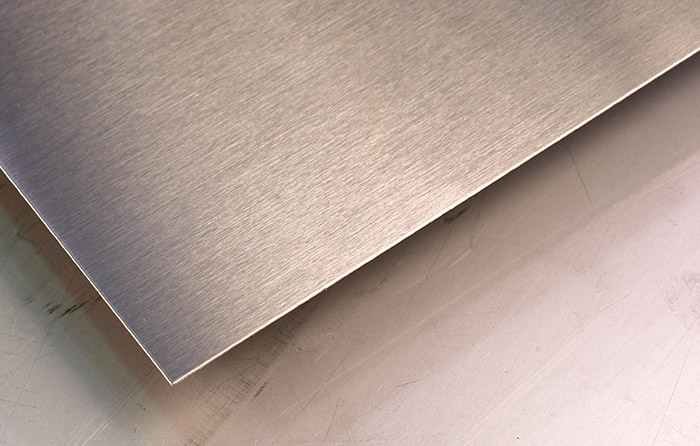Your Position: Home - Steel Sheets - How to Avoid Common Pitfalls When Buying 201 Stainless Steel
201 stainless steel is a popular material known for its affordability, corrosion resistance, and strength. It is widely used in industries like construction, automotive, and kitchenware. However, compared to higher-grade stainless steels like 304 or 316, 201 stainless steel has certain limitations, such as lower corrosion resistance in highly acidic or salty environments. Knowing these basics is crucial to making the right purchasing decision.
One of the most common issues buyers face is distinguishing 201 stainless steel from other grades. For instance, 201 is often confused with 304 stainless steel due to their similar appearance. However, 201 contains less nickel and more manganese, making it less resistant to corrosion in harsh conditions. This difference can significantly impact performance in certain applications.
Many buyers overlook the importance of material certifications. Low-quality or uncertified 201 stainless steel may not meet industry standards, leading to premature failure. Always check for certifications such as ISO, ASTM, or EN standards to ensure reliability.
The surface finish of 201 stainless steel can affect its corrosion resistance and appearance. For example, a mirror finish offers better resistance in outdoor environments compared to a brushed finish. Failure to specify the right finish for your application can lead to unexpected problems.
Thickness plays a critical role in the material’s durability and performance. Some buyers may opt for thinner sheets to save costs, but this could compromise the product's structural integrity. Ensure the thickness meets your application’s requirements for both performance and longevity.

A kitchenware manufacturer once purchased 201 stainless steel without verifying its corrosion resistance. Within months, the products began to rust in high-humidity conditions, leading to a significant recall. By switching to certified 201 stainless steel with a proper finish, they resolved the issue and improved customer satisfaction.
In another case, a construction company ordered 201 stainless steel sheets with insufficient thickness for decorative panels. The panels dented easily, causing installation delays and added costs. Ensuring the proper thickness in future orders eliminated this problem.
Partner with reputable manufacturers who provide certifications and thorough product specifications. This ensures the material meets industry standards and your project requirements.
Be specific about the grade, surface finish, and thickness you need. This reduces the risk of receiving unsuitable material.
Before placing large orders, request samples or test reports to verify the material’s quality and suitability for your application.
If you’re ready to purchase 201 grade stainless steel or need expert guidance, contact our team today. We offer high-quality, certified products tailored to your needs and ensure a smooth purchasing experience.
1787
0
0
Previous: None
Next: none
Comments
All Comments (0)